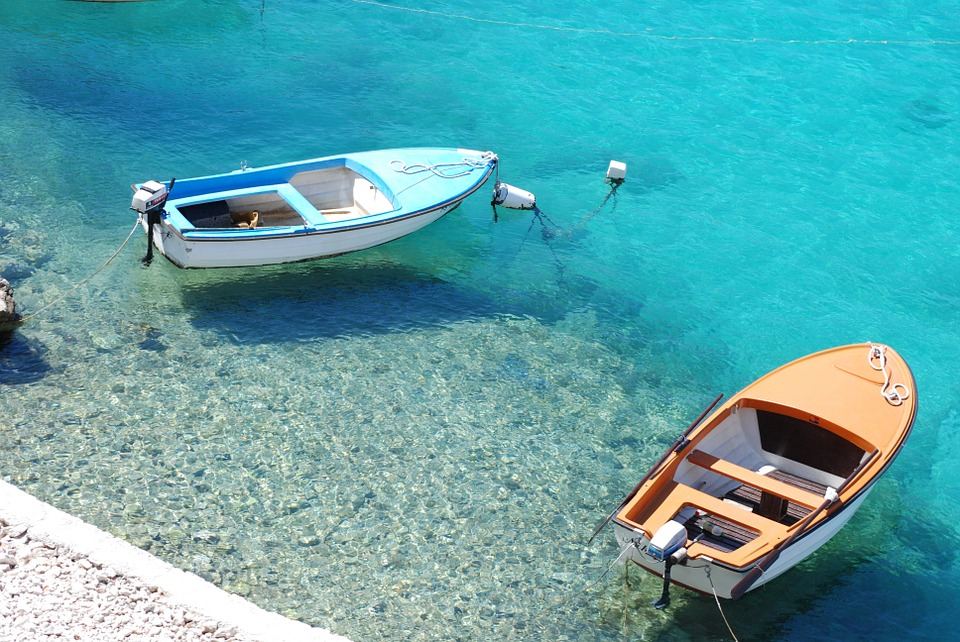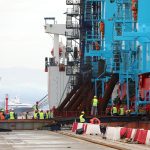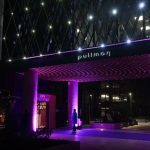As Vecernji list/Jolanda Rak Sajn writes, the main goal of the InnovaMare project is to create a common maritime surveillance system which will work to further protect not only the Croatian Adriatic sea but that of the Italian side, too.
”Sustainability is a current topic at both European Union and national levels, as well as a topic for the future. A system change and cooperation from all stakeholders through environmental innovation will reduce pollution, while cooperation between the public and private sectors is key,” said the Secretary General of the Union of Chambers of Commerce of the Veneto region Roberto Crosta at a round table of the Union (Unioncamere del Veneto), and the Croatian Chamber of Commerce (HGK) within the InnovaMare project.
The project is designed to develop and establish a model of innovation for the ecosystem in the field of underwater robotics and sensors for the control and monitoring of pollution in the Croatian Adriatic sea and the Italian Adriatic sea.
The vulnerability of marine habitats and the role of the blue economy is also recognised in numerous EU policies. Vedran Nikolic from the EC’s Environment Directorate and Eleni Hatziyanni from the EC Directorate-General for Maritime Affairs and Fisheries warned that marine habitats are very complex and fragile ecosystems, vulnerable to pollution, overfishing and other human activities that hinder their sustainability. Nikolic explained that 81 percent of habitats and 63 percent of species in European habitats are no longer in good condition, and that situation is even worse in marine habitats, especially in the Mediterranean.
”This clearly shows that we’re in a crisis of biodiversity, ie in a climate crisis that requires urgent action. This has been being and will continue to be addressed by the EU Biodiversity Strategy until 2030, which is one of the pillars of the European Green Deal. The main goals are the protection of 30 percent of the sea and the strict protection of at least a third of marine habitats. Currently, only 6 percent of the Adriatic sea, which fall primarily on the Croatian side, are protected, but this percentage now needs to grow by at least five times in order to achieve the set goals.
We aren’t interested in the word protection, which is a dead letter on paper, but in actual practice, and for that we will need innovation and new technologies. We have ambitious plans for their realisation and we will need the cooperation of all parties involved,” said Nikolic. Hatziyanni added that the development of new technologies could bring Croatia an increase in the share of the blue economy in the amount of 10 percent to 18 percent.
For the latest travel info, bookmark our main travel info article, which is updated daily.
Read the Croatian Travel Update in your language – now available in 24 languages.
Join the Total Croatia Travel INFO Viber community.








